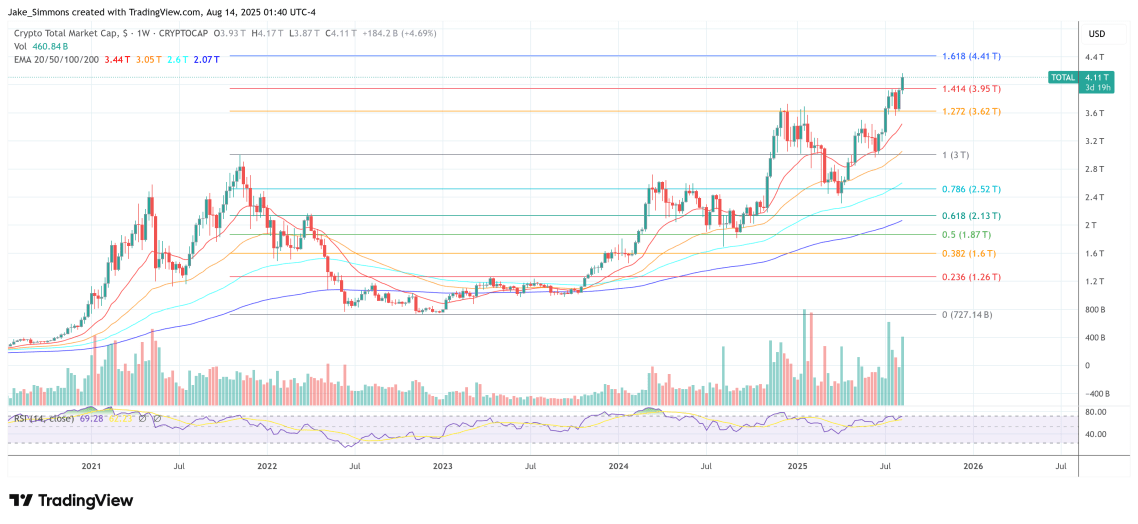A policy drop by Google triggered a significant uproar in the cryptocurrency industry on Wednesday, ultimately concluding with a rare and clear concession: non-custodial wallets are not subject to the new licensing regime of the Play Store.
On the evening of August 13, Google issued this clarification through its official communication account X, following fierce criticism from lawyers, developers, and prominent Bitcoin users regarding the early interpretation of revised rules that appeared to mandate anti-money laundering and know-your-customer checks for self-hosted software in the U.S., effectively excluding independent wallet teams across the entire EU.
Google stated: 'Non-custodial wallets are not subject to the policies of Google Play's cryptocurrency exchanges and software wallets. We are updating the help center to clarify this.'
The initial strong reaction was swift. Paradigm's Vice President of Regulatory Affairs Justin Slaughter called the move 'unexpected in the context of Google's antitrust lawsuit,' arguing that 'pure code writing should not require federal licensing.' Meanwhile, Jack Dorsey summarized the sentiment at the time with one word: 'terrible.'
In the evening U.S. time, cryptocurrency analyst Pentoshi announced, 'Google has lifted the ban on self-hosted wallets, this is breaking news,' while Pierre Rochard praised Google's adjustment: 'All companies make mistakes, great companies listen to online feedback and adjust. Google Play cannot afford the consequences of banning Bitcoin.'
Google bows to the cryptocurrency community (partially)
According to the actual policies in effect, Google will synchronize the distribution and hosting products (cryptocurrency exchanges and hosted 'software wallets') licensing for the Play Store across approximately 15 jurisdictions, with enforcement starting on October 29, 2025. This effectively means that U.S. developers must operate under federal or state banking charters, or register with FinCEN as a money services business and obtain a state money transfer license; in the EU, they must hold authorization as a MiCA crypto asset service provider.
Before MiCA fully replaces national licensing, France and Germany have a transitional period. Google's own policy page and the latest explanatory document released on Wednesday evening emphasize that non-custodial wallets (applications where users retain private keys and there is no third-party custody) are not included in this licensing requirement.
This shift ended a confusing news cycle. That day, multiple media outlets reported that Google would require all wallets (including hosted and non-custodial wallets) to obtain licenses, but Google's clarification on X and subsequent reports overturned this assertion. Google's statement confirmed that self-hosted applications are exempt from this restriction, while noting that the Play Store will still regulate hosted applications and exchanges in the U.S., EU, UK, and other listed markets. The final result is that the compliance burden is directly transferred to entities holding user funds, rather than to open-source code that allows users to hold their own funds.
Even with Google's clarification, extreme cases still exist. Bull Bitcoin CEO Francis Pouliot urged the company to clarify whether this policy covers non-custodial wallets that embed optional gateways to regulated exchanges, where access control is implemented within the app rather than through Play Store's geolocation. This pending ambiguity is crucial for developers who connect self-hosting with fiat entry through partner integrations, as they now must assess whether these features will push wallets into the 'hosted software wallet' domain defined by Play.
As policies evolve, developers are also reflecting inconsistent enforcement. Adam Simecka, founder of the self-hosted application Manna Wallet, stated that the app was removed from Play search results 'without any warning, notice, or recourse.' He later discovered visibility varied across different devices and regions: 'Some people can see it in the Play Store... We have three Android devices at home, but only one can see it.' He also noted that positive reviews disappeared alongside the search results.
For users and developers, the road ahead is clearer, but not without challenges. The help center's country matrix will now anchor the distribution of hosted applications to local licenses—the U.S. is for financial crimes enforcement as a financial business entity (MSB) with FinCEN and state-level money transfer; the EU is authorized under MiCA as a CASP; the UK is registered with the Financial Conduct Authority (FCA); countries like Switzerland, UAE, Japan, and South Korea have similar systems—France and Germany received temporary national options before the MiCA deadline.
Google stated that the blockchain content policy update will take effect on October 29, 2025, and added more help center links to reflect the new requirements. At the same time, Google reiterated (now on record) that non-custodial wallets are not subject to these licensing checks.
As of the time of publication, the total market capitalization of cryptocurrencies is $4.11 trillion.
